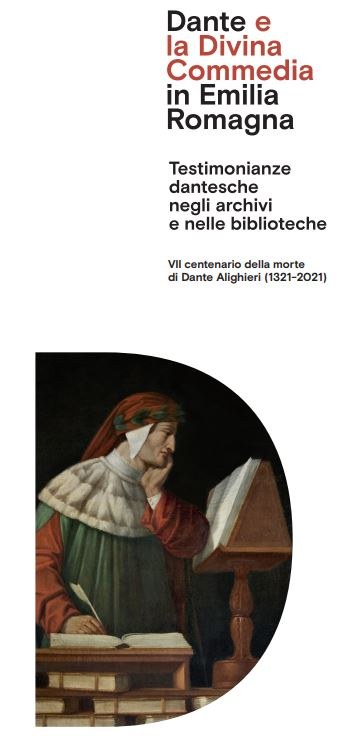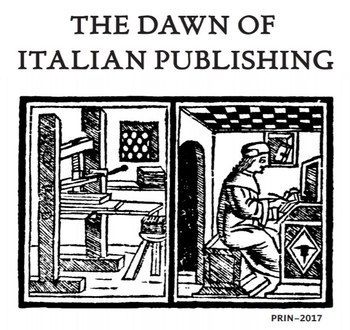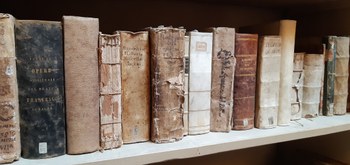
Emilia-Romagna was an important land for Dante, in effect a second home. In the region "between the Po and the mountain and the marina and the Rhine", as he himself defined it in the 14th canto of the Purgatory, the Poet stayed on several occasions and spent the last years of his painful existence as an exile. Precious manuscripts of Dante's works and various other historical, documentary, literary and artistic testimonies of Dante proliferated rapidly starting from the time and places of the last exile of the Poet and still survive today in the libraries and archives of the cities along the ancient axis o on the edge of the Via Emilia, from Piacenza to Rimini, passing through Parma, Modena, Bologna, Imola, Ferrara, Ravenna, Forlì and Cesena.
To enhance this significant heritage, the Cultural Heritage Service of the Emilia-Romagna Region, in collaboration with the Italian Dante Society, on the occasion of the seventh centenary of Dante's death (1321-2021), has devised a widespread exhibition path, so that each conservation site it becomes an illustrative theater of heritage and of scientific and didactic initiatives.
Conceived by Alberto Casadei and curated by Gabriella Albanese, Sandro Bertelli and Paolo Pontari, the exhibition on 'Dante and the Divine Comedy in Emilia-Romagna' unfolds in a 'fil rouge' that unites all the events, consisting of the study of tradition , of reception and Dante contexts up to Humanism.
There are a total of 14 exhibitions that include the display of manuscripts, incunabula and sixteenth-century books of the Comedy and other Dante works, set up over a period of time that goes from Monday 2021 and extends until the first months of 2022.
To prof. Paolo Tinti has been entrusted with the scientific coordination of the filing of all the incunabula kept in the Region.


